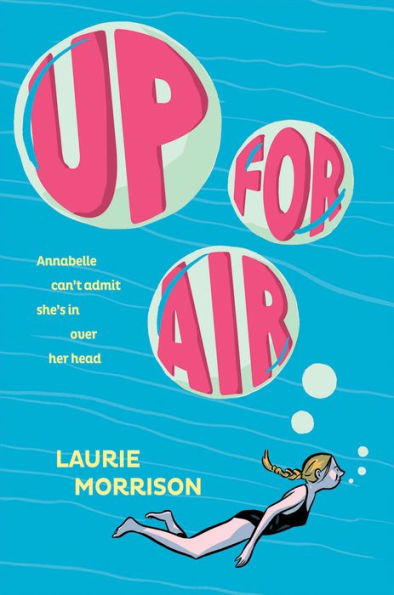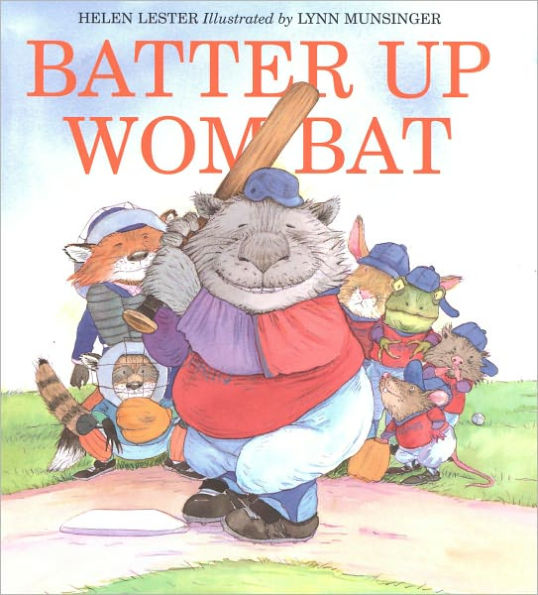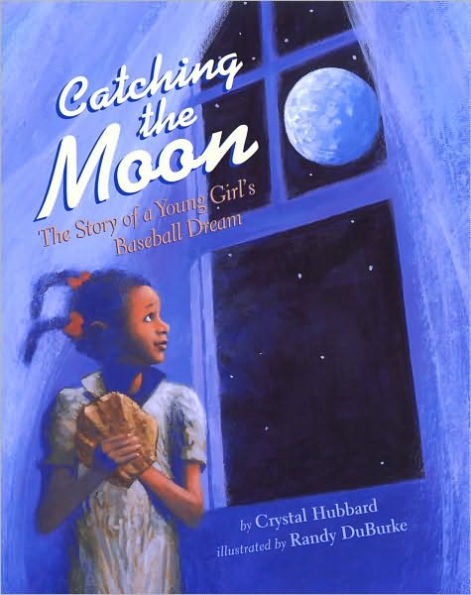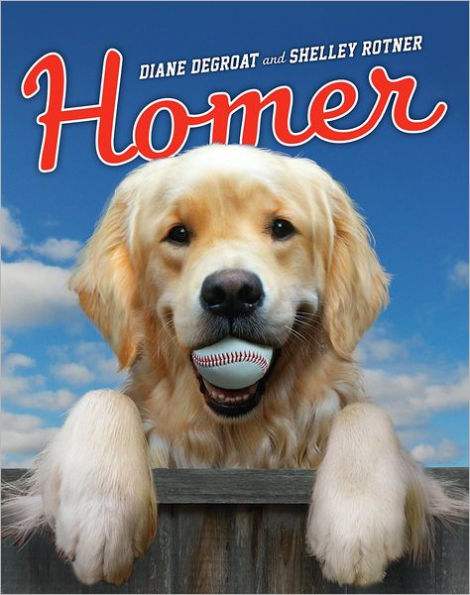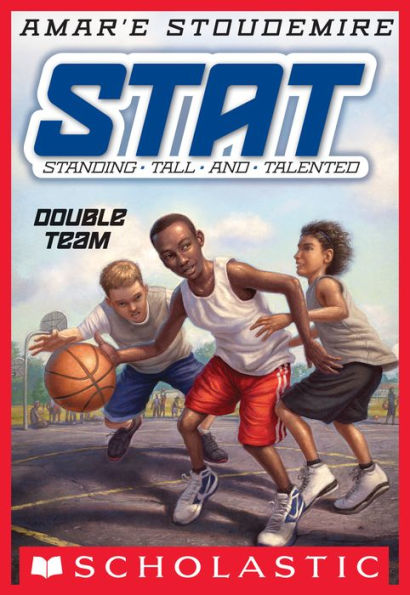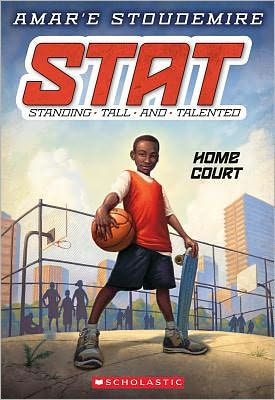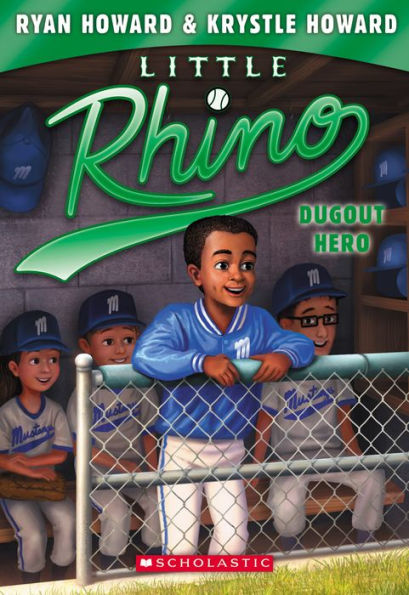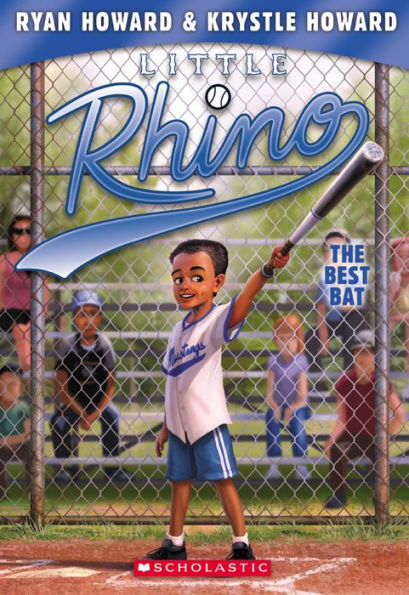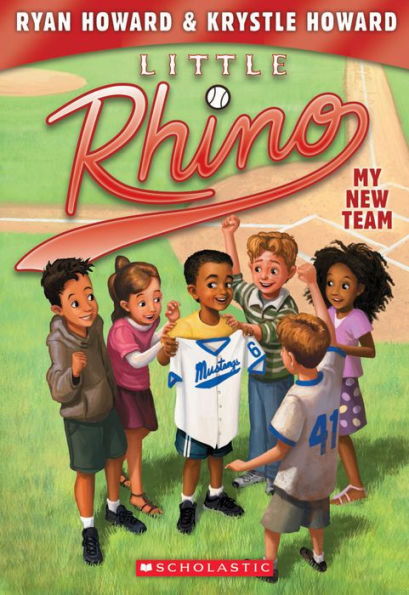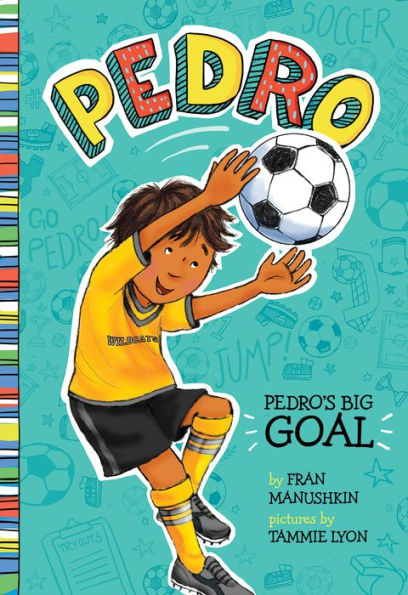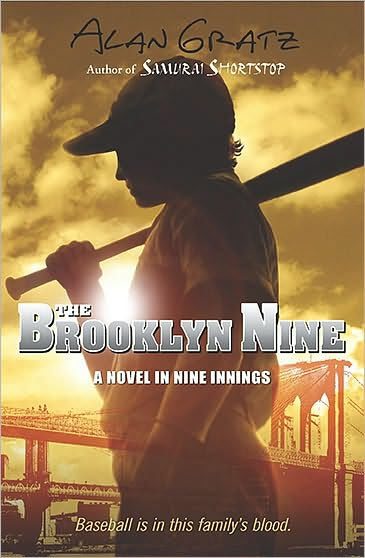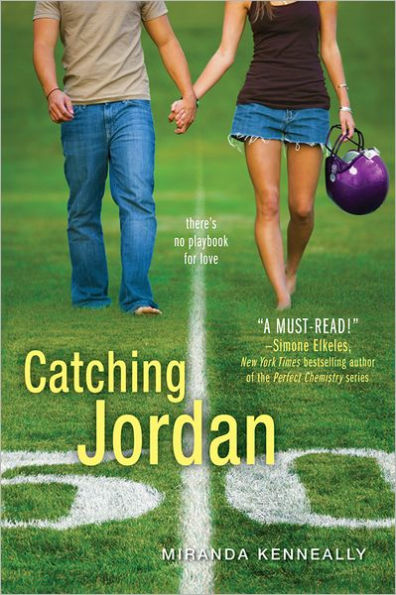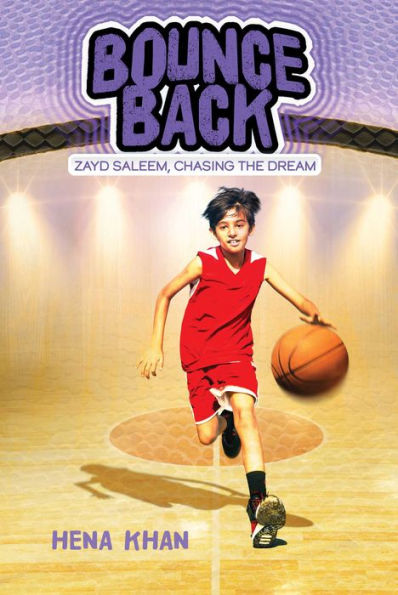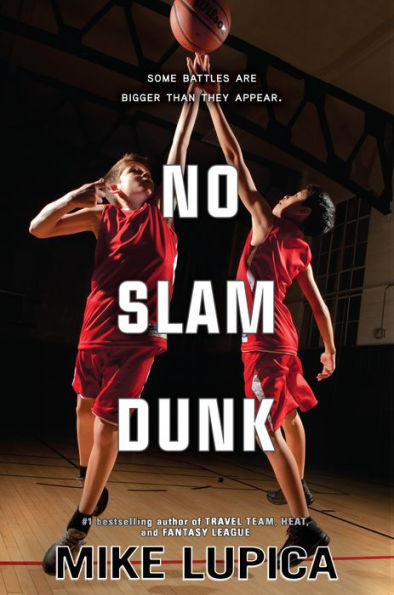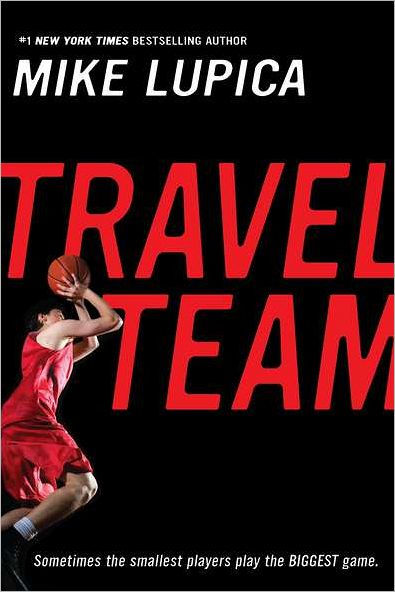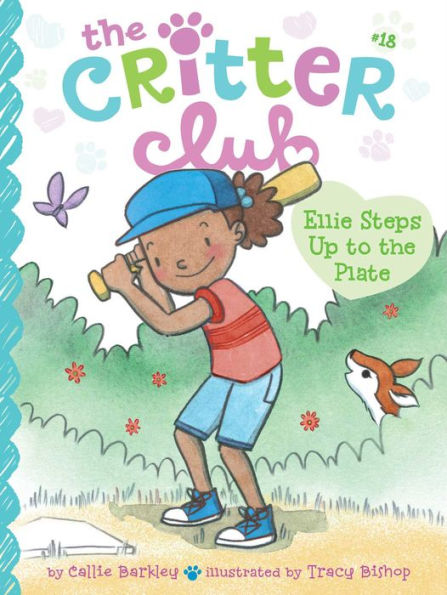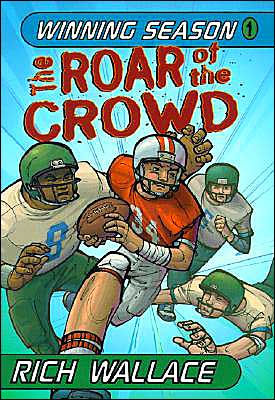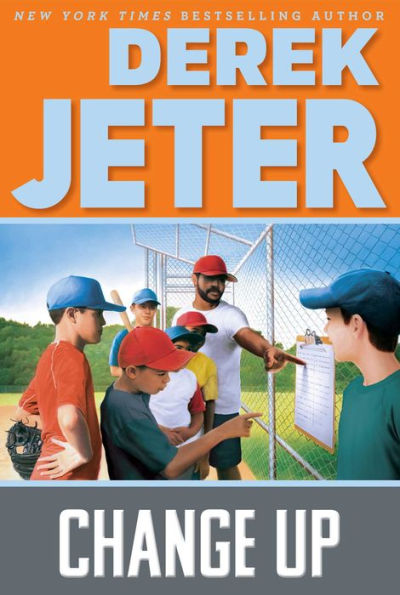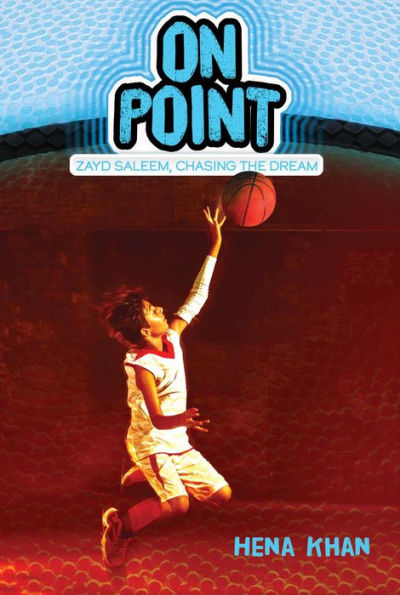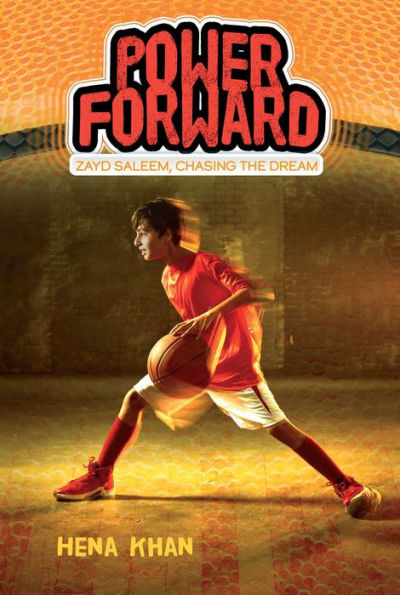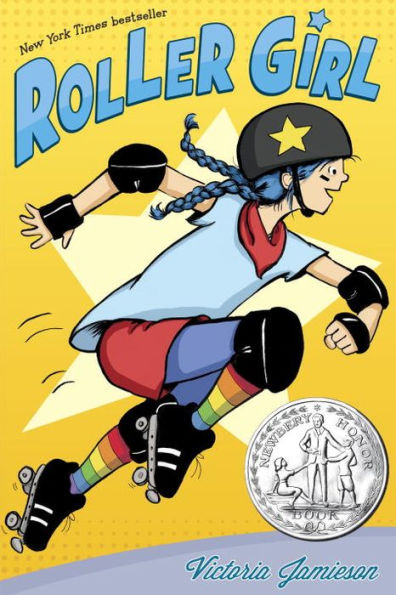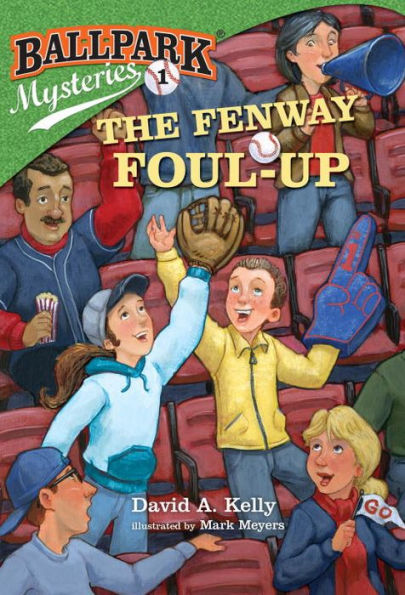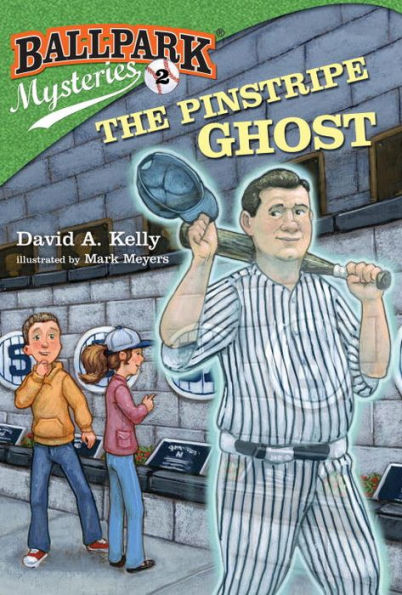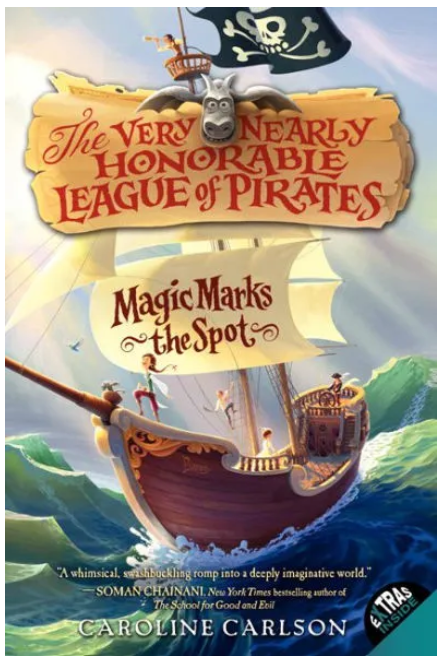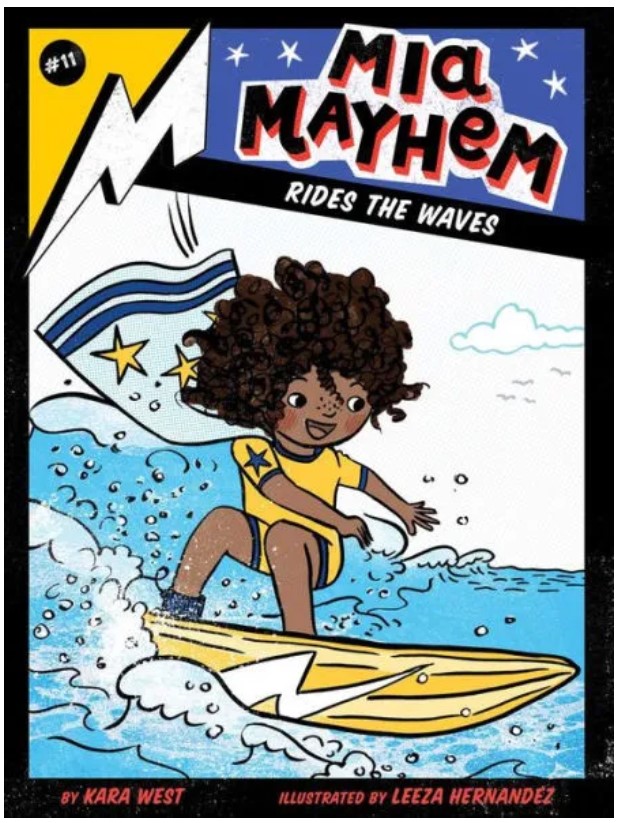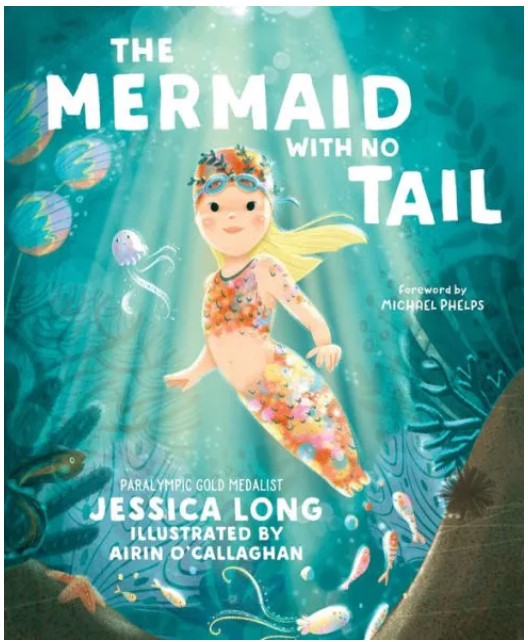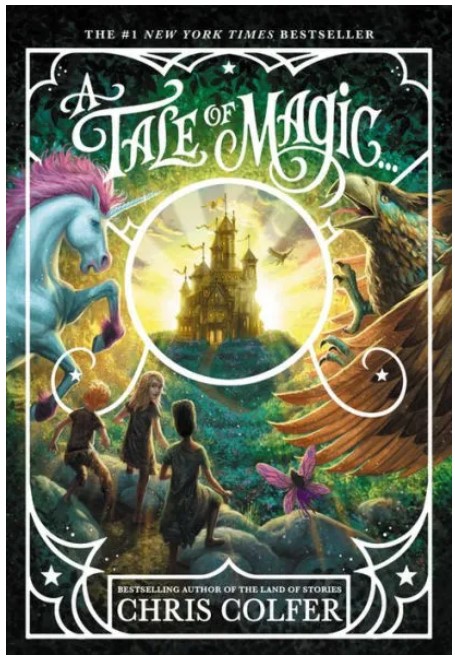Annabelle is relieved to be finished with seventh grade, and she’s ready to swim the summer away with her two best friends, Jeremy and Mia. In school, Annabelle struggles due to a learning disability, but when it comes to swimming, she’s the fastest girl in middle school. In fact, she is so fast that she is recruited to join the high school summer swim team. She is excited to hang out with her new teammates, especially Conner, a cute sophomore who just can’t seem to take his eyes off her. However, after an accident that leaves her unable to swim, she realizes how fragile her popularity really is. She starts to question if Conner really likes her, who her real friends are, and who she is without swimming.
Morrison addresses difficult topics through the eyes of an incredibly perceptive thirteen-year-old. Annabelle wants to express her sympathy to others, such as Jeremy’s older sister, Kayla, who is recovering from an eating disorder. Although Annabelle has never had an eating disorder, she understands how hard it must be for Kayla to wear a swimsuit or go to an ice cream parlor. She tells Kayla, “I’m sorry you had to go through that. It must have been really hard. And I’m really happy you’re better.”
Annabelle also struggles with the changes in her home life. Annabelle’s parents got divorced four years ago due to her father’s drinking problem. Since then, her father moved away and her mother remarried. Annabelle feels guilty for having a good relationship with her stepfather when she isn’t even sure she wants a relationship with her biological father.
Although Annabelle is a competitive swimmer, Up for Air hardly talks about the sport itself. Instead, it focuses on how being on the high school swim team affects Annabelle, her friends, and her family. Even though Annabelle makes mistakes throughout the book, readers will still love her as she grapples with the changes that come with adolescence. Like many girls, Annabelle struggles with insecurities, anxiety, and the desire to be liked. Up for Air explores the themes of self-confidence, friendship, and trust, making it the perfect bridge between elementary and young adult books.
Sexual Content
- Annabelle describes her new swimsuit, which is more revealing than her previous ones. “The straps were thin and the front dipped low enough that she could see the freckle in the middle of her chest – the one most of her shirts covered up. Her other racing suits flattened her out, but this one didn’t. And the leg openings were cut extra high, which meant her legs looked extra long.”
- At the pool, Annabelle notices she looks more like the high schoolers now that her body has changed. She is excited when Conner looks at her in her swimsuit and tells his friend she is “all grown up.”
- It is implied that Annabelle cannot buy a shirt because it is too revealing. “When Annabelle had stepped out of the dressing room, Mia’s mom had said, ‘Va-va-voom! Honey, I don’t think you can wear that shirt to school!’”
- Elisa, an older swimmer, tells Annabelle, “Coach Colette was practically salivating about how she’ll get to coach you once you’re fourteen.” Conner says, “What’s that now? Who’s salivating?” Elisa responds, “If anybody says anything that could in any way be twisted around to sound inappropriate, there you are.”
- Annabelle admires her swim coach, Colette’s, body. “Annabelle hoped that when she did peak, her body would look a lot like Colette’s. People talked about how hot, pretty, and strong Colette was. Annabelle wanted people to talk about her like that, too.”
- Annabelle invites Mia to get ice cream, so Mia can see the guy who was flirting with her last time they went.
- At lunch, Annabelle sits with a few high schoolers. They are playing a game where one person names two people, and the others have to choose one. The high schoolers tell Annabelle the purpose of the game is to choose who they would want to “spend an afternoon alone with.” Annabelle doesn’t understand the underlying meaning.
- When a guy asks Annabelle to choose between two guys, she says, “I don’t know. Why don’t you choose first?” She feels bad for making this joke. She knows they only laugh because they’re uncomfortable with homosexuality.
- At a meeting with her principal to discuss her low test scores, Annabelle reflects that while her body is developing earlier than her peers, her brain is developing later than her peers.
- When someone suggests going swimming, Annabelle notices no one has a swimsuit. “Were they going to swim in their clothes? Or – ack – not in their clothes?” In the end, they don’t swim.
Violence
- Annabelle and her friends attempt to sneak into the backyard of a famous director. They hoist her up to unlock the gate, but she falls when the alarm goes off. “Her left knee smacked one of the iron bars halfway down, and her right ankle twisted under her weight when her foot hit the ground. But that was nothing compared to the pain that knifed through her right wrist when she put down her hand to stop her fall.”
- Annabelle looks at her injured wrist a few minutes after falling. Her wrist “had puffed up pretty badly, and the tender skin on the side of her thumb was turning blue.”
- The morning after she injures her wrist, “her wrist and thumb were even bigger, and the tender skin was pink and purple, like the ugliest sunset imaginable. She couldn’t rotate her hand at all. She could barely even flex her fingers.”
Drugs and Alcohol
- Annabelle’s biological father had a drinking problem. She flashes back to one day when he came to pick her up from swim practice. He was swaying and talking “funny, as if he had marshmallows inside his cheeks.” Annabelle’s mom drove her home.
- When Annabelle’s dad still lived with her and her mom, Annabelle would “wake up in the middle of the night and find him sitting on the couch with a glass of amber liquid in his hand.”
- Annabelle remembers her mom telling her dad, “I’m worried about the drinking. I’m worried you haven’t started looking for another job. I’m worried you don’t seem like your old self.”
- Annabelle goes to a party where a few high schoolers are drinking beer. Annabelle does not drink.
- Annabelle has “never been able to forget the way her dad had slurred late at night or the way he swayed and couldn’t focus his eyes on her that terrible day when he showed up drunk at swim practice.”
Language
- Jeremy tells Annabelle, “I can’t believe those dicks left you!”
- Mia tells Annabelle, “It sounds like you really treated Jeremy like crap.”
Supernatural
- None
Spiritual Content
- None
by Jill Johnson
